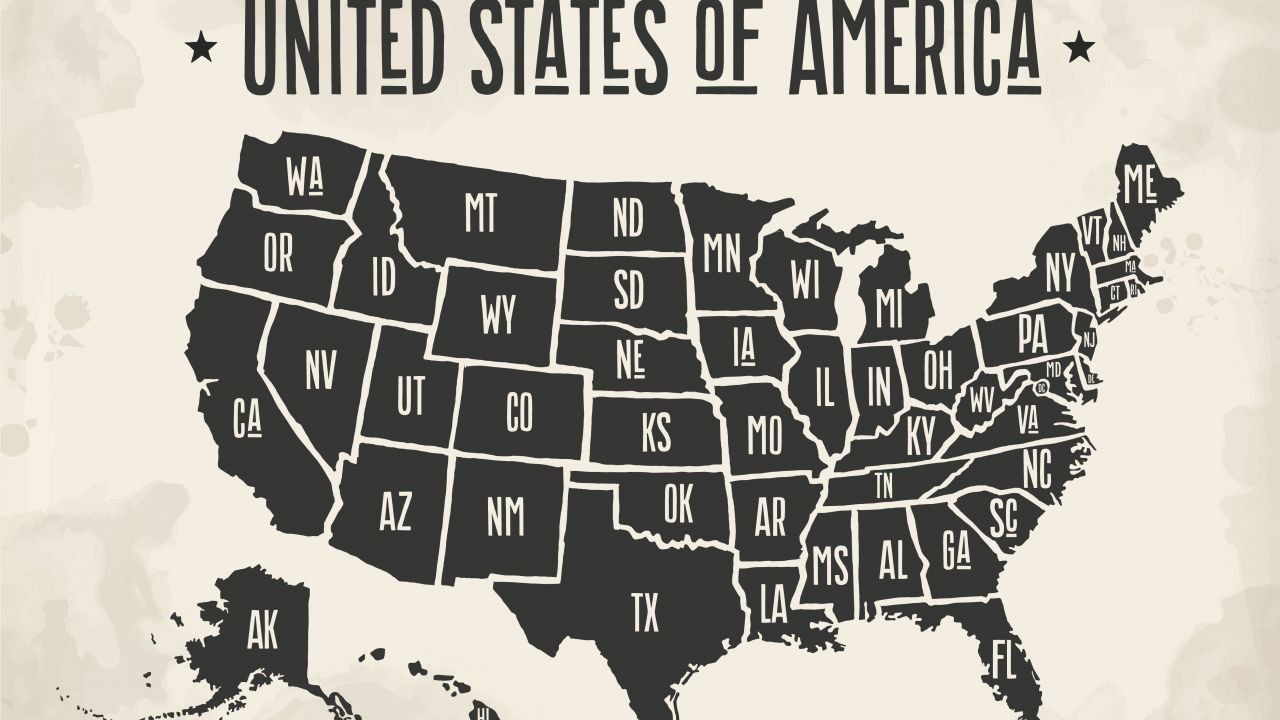What Is Workers Compensation Insurance?
November 6, 2020
Employers are legally obligated to take reasonable care to assure that their workplaces are safe. Nevertheless, accidents happen. When they do, workers compensation insurance provides coverage. One claim for a serious employee injury could bankrupt many small businesses. Insurance, through the payment of premiums for workers compensation coverage, provides a predictable cost for handling this risk.
Workers’ compensation insurance (or workers’ comp, or WC), is a form of small business insurance that an employer purchases to cover their employees in case of injury on the job. In the event that an employee files a claim, the insurance company pays out the benefits.
If an employee is injured or killed on the workplace premises or anywhere else while the employee is acting in the “course and scope” of employment, Workers’ Comp steps in to help cover medical care, rehabilitation costs, death benefits, and lost income of employees who are injured due to an on-the-job fall, trauma, repetitive strain or stress injuries or occupational diseases — regardless of who was at fault. Many workers' compensation incidents provide partial reimbursement of lost wages, and survivor benefits in the event the worker is killed while on the job.
Most states have laws that dictate how much employees should be paid out and what type of benefits they should receive. Usually workers’ comp covers around two-thirds of an employee’s wage, but it can also cover things like:
- Medical care and treatment of the injury
- Retraining costs
- Compensation for any permanent injuries
- Death benefits, such as funeral costs, to survivors
- Wage replacement for money lost while they recover
- Vocational rehabilitation if necessary
- Other benefits to certain workers (e.g. coal miners) or their dependents.
- As each state is in charge of their own workers’ compensation program, the laws for workers’ comp can be different depending on the location of your business.
In nearly all states, a workers’ compensation policy is the only remedy available for accidental workplace injuries. That means that as long as the premium is paid, the employer is protected from a big out-of-pocket payment if an employee gets injured on the job. If a business has employees that aren’t owners of the company, the company is likely required to buy workers’ compensation coverage. The only state that doesn’t require workers’ comp insurance is Texas.
Typically, workers’ compensation will not cover:
- Injuries that are self-inflicted or intentional
- Injuries due to the commission a serious crime
- Injuries that happen while the employee isn’t on the job or performing a job-related task
- Injuries due to a violation of company policy
- Injuries due to an employee under the influence of drugs or alcohol
- Serious and willful misconduct
- Injuries without physical trauma
- Claims due to an employer knowingly employing workers in violation of the law
- Claims due to an employer failing to comply with health or safety regulation
- When an injury takes place during your employee’s commute
Workers’ comp will also not help protect a business if an employee sues for gross negligence, malicious intent, discrimination, failure to promote and wrongful termination so for cases like these, call our office and ask about if employment practices liability insurance can help cover these legal costs.
If a business is not covered for their employees correctly as required, the business may:
- Have to pay claims out of pocket
- Have to pay a fine
- Lose the right to do business in your state
- Be sued by injured employees
- And yes, possibly even do jail time
The cost of this coverage really depends on the business, industry, and the type of work that the employees perform. There are factors that have in impact on workers’ compensation insurance cost. These factors include:
- Annual payroll amount: The smaller the team, the lower the premium.
- The “risk class code” of jobs being performed
- The overall rate of injuries within the industry
- The rate of injuries within the state
- The company’s claims history
- Inclusion/exclusion of owners or officers
- Eligibility for experience rating, which adjusts the premium up or down depending on the claims history of the company relative to other companies in that industry category.
To make sure to have the best coverage for every unique business, the key is to make sure to classify all employees correctly. For an accurate and individualized estimate, it’s best to reach out to Waldorff Insurance for a quote that’s customized for each business, state, and industry.
Under state workers’ compensation laws, an employer is also required to hang up notices around the workplace that are visible to the employees that provide information about employees’ rights, workers’ compensation benefits, and details about the insurance provider. If an injured employee needs to file a workers’ compensation claim, the employer should assist them in getting started as quickly as possible. Some states require a claim to be filed within a certain amount of time. The faster the insurer receives notice of an injury and can initiate medical treatment and benefits, the faster the injured worker recuperates and is able to return to work. To assist an injured employee in getting medical treatment faster, some insurers help employers file promptly a "first notice of injury" with the state agency which can trigger the claim process.
Having workers’ comp insurance is important, but active safety precautions in place is also key. Employees should be informed about their insurance coverage. Businesses thrive when they make workplace safety an important part of everyday policies, and create procedures if an injury occurs. With the right safety policies in place, hopefully the team will never have need it.
Workers compensation systems are established by statutes in each state. State laws and court decisions control the program in that state and no two states have exactly the same laws and regulations. If a business expands to another state, different workers compensation rules may apply in the new state. Under some laws, independent contractors are not considered employees. However, for the purpose of workers comp insurance, most states will treat an uninsured contractor or subcontractor or employees of an uninsured subcontractor as an employee. This means that the business may be liable if a subcontractor is injured while working on the job. To avoid any unintended liability, larger companies often require any contractors or subcontractors doing work for them to provide proof they have workers comp insurance.
No matter what type of business you run, workers’ comp is a great way to protect both your business and your employees. To get the coverage you need, get a call Waldorff Insurance and Bonding today for your free, no obligation quote.
*** This article provides general information, and should not be construed as specific legal, HR, financial, insurance, tax or accounting advice. As with all matters of a legal or human resources nature, you should consult with your own legal counsel and human resources professionals. Waldorff Insurance and Bonding shall not be liable for any direct, indirect, special, consequential, incidental, punitive or exemplary damages in connection with the use by you or anyone of the information provided herein.

What are surplus lines markets? Regular insurance carriers are also called standard or admitted carriers. They must follow state regulations concerning how much they can charge and what risks they can and cannot cover. Surplus lines or non-admitted carriers do not have to follow these regulations, which allows them to take on higher risks that are declined by admitted carriers. Surplus lines cover high limit and hard-to-place risks.

Why Does My Agent Say I Need a Wind Mitigation Inspection? law and ordinance coverage can make or break you in a claim law and ordinance coverage can make or break you in a claim law and ordinance coverage can make or break you in a claim law and ordinance coverage can make or break you in a claim law and ordinance coverage can make or break you in a claim law and ordinance coverage can make or break you in a claim

Do I need Insurance or a Bond? law and ordinance coverage can make or break you in a claim law and ordinance coverage can make or break you in a claim law and ordinance coverage can make or break you in a claim law and ordinance coverage can make or break you in a claim law and ordinance coverage can make or break you in a claim law and ordinance coverage can make or break you in a claim






